Search
Research
Consultation informs strategies for improving the use of functional evidence in variant classificationWhen investigating whether a variant identified by diagnostic genetic testing is causal for disease, applied genetics professionals evaluate all available evidence to assign a clinical classification. Functional assays of higher and higher throughput are increasingly being generated and, when appropriate, can provide strong functional evidence for or against pathogenicity in variant classification. Despite functional assay data representing unprecedented value for genomic diagnostics, challenges remain around the application of functional evidence in variant curation.
Research
Care provided to women during and after a pregnancy complicated by hyperglycaemia: the impacts of a multi-component health systems interventionAboriginal and Torres Strait Islander women experience a disproportionate burden of hyperglycaemia in pregnancy. A multi-component health systems intervention aiming to improve antenatal and postpartum care was implemented across Australia’s Northern Territory (NT) and Far North Queensland (FNQ) between 2016 and 2019. Components included clinician education, improving recall systems, enhancing policies and guidelines, and embedding Diabetes in Pregnancy (DIP) Clinical Registers in systems of care. This program was evaluated to determine impacts on clinical practice and maternal health.
Research
Does exercise in cool water cause a higher risk of hypoglycaemia than in thermoneutral conditions in type 1 diabetes?The aim of this study was to test the hypothesis that exercise in cool water results in a greater decrease in blood glucose concentration than in thermoneutral water or on land in individuals with type 1 diabetes.
Research
Teaching Kitchens: An innovative program for enhancing self-management skills in adolescents living with type 1 diabetes (T1D) – A feasibility studyAdolescents living with type 1 diabetes (T1D) are faced with unique challenges to nutrition management. The current Perth Children's Hospital (PCH) T1D management model includes individualised education at diagnosis and annual reviews. Currently, no group education is provided to develop self-management skills for healthy meal preparation. Teaching Kitchens offers a skills-based program in food literacy and nutrition. This feasibility study explored if a Teaching Kitchens program at PCH engaged adolescents aged between 13 and 17 years, living with T1D.
Research
Psychological and self care outcomes for children and adolescents living with type 1 diabetes and their caregivers attending diabetes camp: A mixed methods studyDiabetes camps for children and adolescents living with Type 1 Diabetes (T1D) offer an important opportunity to foster self-efficacy and 'common humanity', a sense that they are not alone in their challenges. The current study primarily aimed to assess whether psychological wellbeing, diabetes self care behaviours and HbA1c improved amongst campers and their caregivers, and whether these would be sustained at 3- and 6-months.
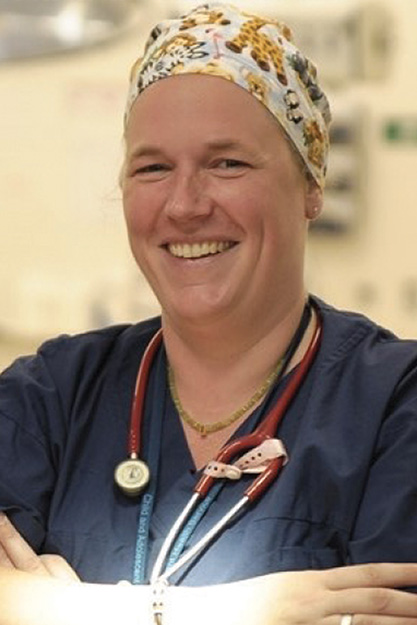
The Kids Research Institute Australia’s Perioperative Medicine team is helping to change global and local practice by finding safer and gentler ways to both undertake surgery, and care for kids and families afterwards.
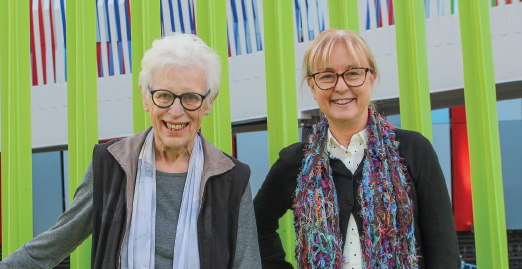
The Kids Research Institute Australia is helping scientists across the globe inch their way towards clinical trials which could, at last, provide relief for children and families dealing with CDKL5.
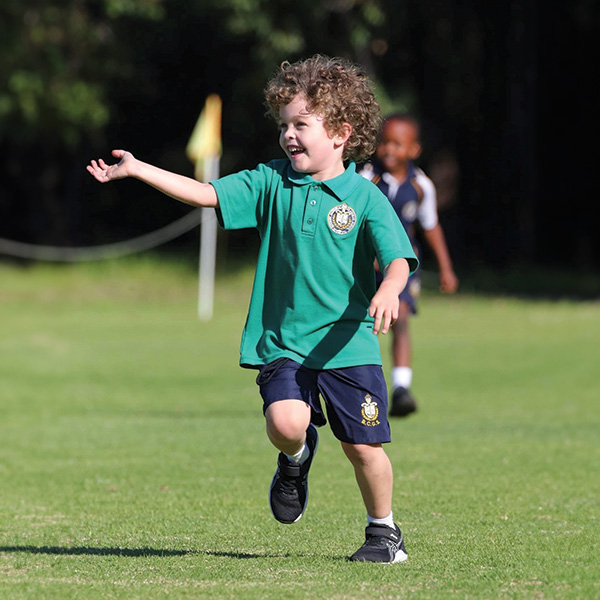
COMBAT CF is one of two long-standing international trials which have resulted in new early intervention options helping to reduce progressive lung damage in kids living with CF.
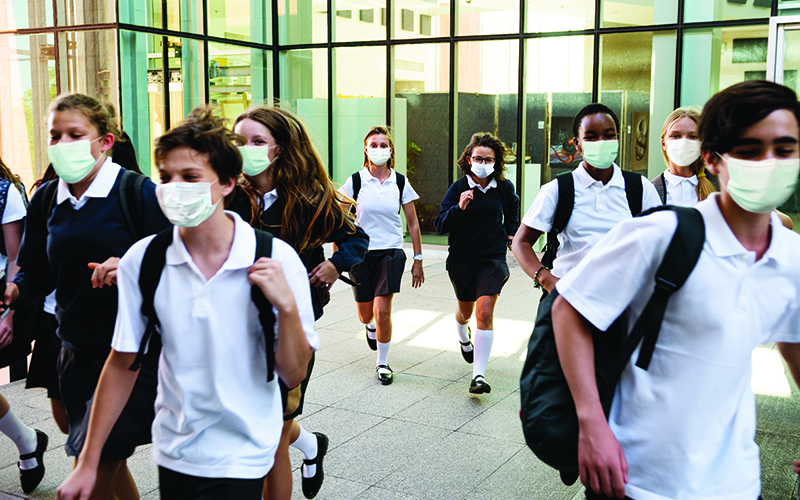
Researchers went into 79 WA primary and secondary schools in 2020 and found increased levels of emotional distress among students and families.
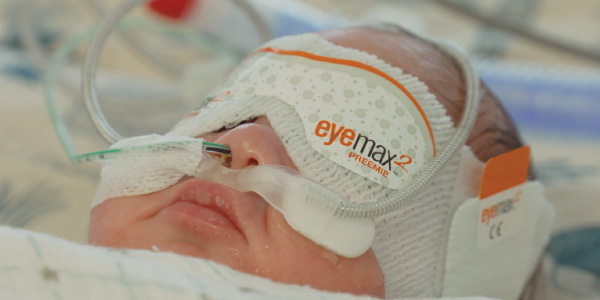
A simple set of eye masks and ear plugs – an inexpensive solution explored in a successful pilot study by The Kids Research Institute Australia, together with the Child and Adolescent Health Service – could hold the key to better outcomes for our tiniest bubs. Now, a nationwide clinical trial is testing the idea
